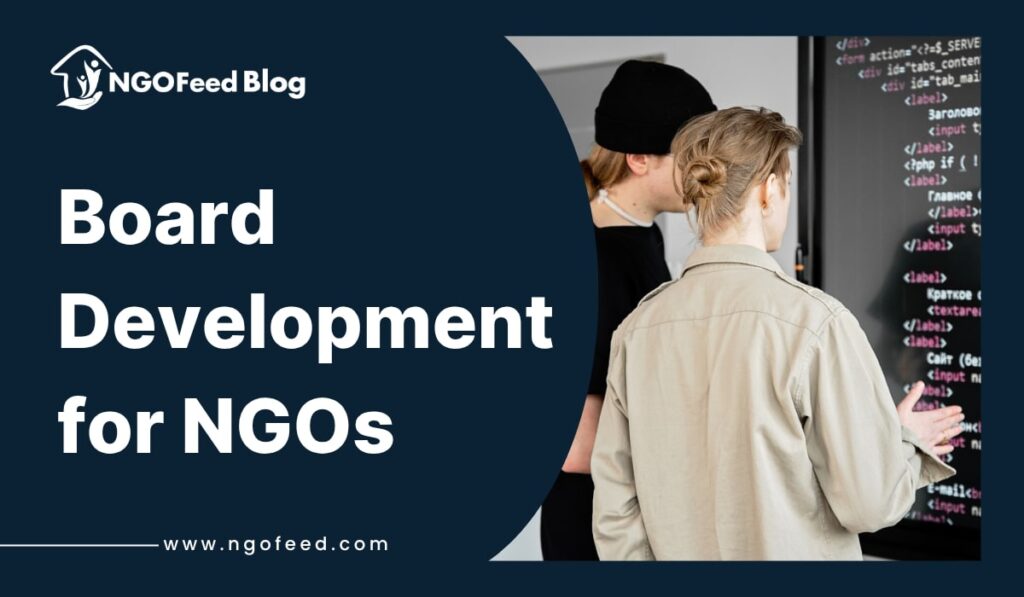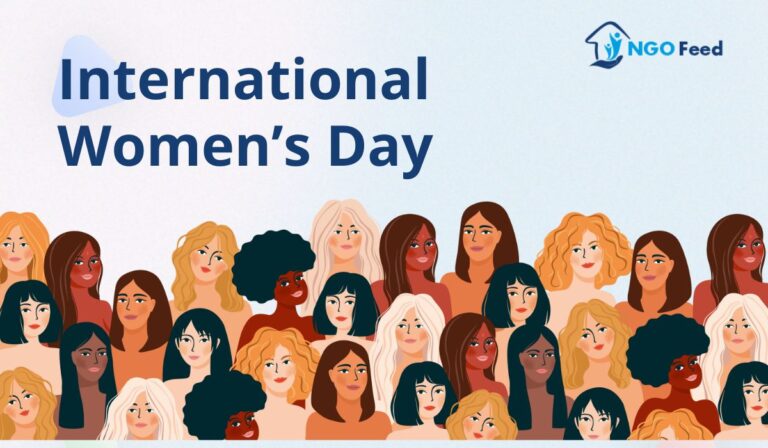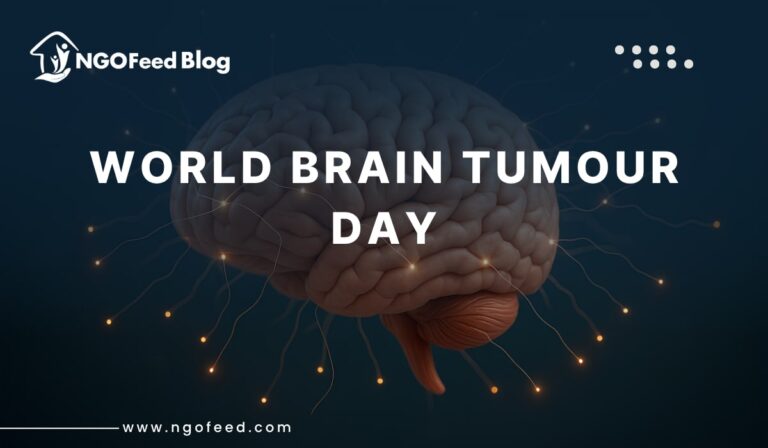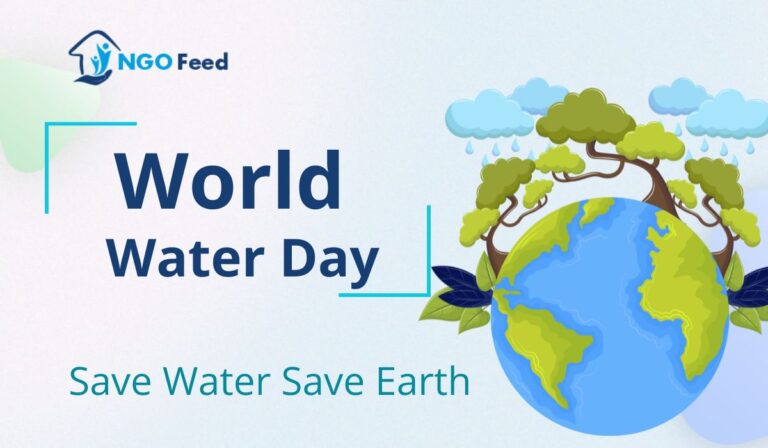Board Development for NGOs: In the world of nonprofits, especially NGOs, success is not only determined by well-intentioned goals or strong activities. Rather, it is profoundly founded in the strength and integrity of their administrative systems, most prominently the Board of Directors (or Board of Trustees). A good board guarantees that the company is financially sustainable, legally compliant, ethically run, and vision-driven.
Therefore, board development is a deliberate investment in the leadership infrastructure of an NGO. It transcends simple compliance and nurtures a culture of accountability, diversity, inclusion, and creativity. NGOs must prioritize creating, fostering, and empowering forward-thinking, varied, performance-driven boards in an era of growing examination and difficult social problems.
Table of Contents
Board Development for NGOs
Board development involves the continuing process of:
1. Understanding Board Growth
- Finding, onboarding, and recruiting board members
- Defining duties and responsibilities
- Increasing board capacity by means of training
- Promoting a climate of engagement, evaluation, and renewal
- Improving systems for leadership and administration
Also Read: Blockchain for Nonprofits
It is a lifelong loop rather than a one-time attempt; it calls for ongoing improvement based on internal aims and external realities.
2. NGOs’ need of board development.
| Area | Impact of a strong Board |
|---|---|
| Strategic Leadership | Guides mission alignment, long-term vision, and impact measurement |
| Financial Stewardship | Ensures fiscal discipline, donor trust, and sustainable funding streams |
| Governance & Compliance | Maintains regulatory adherence and upholds transparency |
| Reputation Management | Enhances public image, attracts CSR support, and builds community confidence |
| Risk Management | Identifies, monitors, and mitigates operational, legal, and reputational risks |
| Innovation & Growth | Encourages strategic partnerships, digital transformation, and adaptive models |
3. Parts of a Highly Operating Board
Inclusion and Diversity
Boards should be socially and professionally diverse, with gender, age, geography, caste, disability, and competence levels represented. Inclusion of beneficiaries or grassroots leaders guarantees grounded governance.
Board Development for NGOs – Composition based on abilities
Among the important areas of expertise are:
- affairs juridical and regulatory
- audit and finance
- Donor relations and fundraising
- Human resources, technological and digital governance, and community involvement
- Watching and judging
Also Read: How to Attract International Donors: SEO Tips for NGOs
Role definition
Clearly specified duties Chair, Treasurer, Secretary, and Committees aid in avoiding duplication and raise personal responsibility.
4. Levels of Board Growth
A. Sourcing and Orientation
- Create a matrix and Board Recruitment Policy
- Find flaws in the current board makeup.
- Formally nominate and vet candidates.
- Offer thorough orientations.
B. Development of Capacity
- Yearly training on sectoral topics, including SDGs, CSR, and DEI
- Virtual board meeting training in digital literacy
- Exposure visits to project locations help to increase knowledge.
C. Engagement: Scheduled meaningful agendas
- Strategic planning retreats
- Programs honoring board contributions
- Systems for board-staff cooperation
D. Succession and Evaluation
- Introduce yearly board evaluations.
- Change leadership positions and term restrictions.
- Establish internal leadership channels.
5. Optimal Guidelines from Boards of International Nonprofit Organizations
- Emphasizes term limits, geographical variety, and robust laws for rotating leadership under Rotary International.
Also Read: How to Promote Your NGO on Social Media
- Oxfam makes sure inclusion by including local representatives and former program participants on boards.
- Amnesty International: Provides capacity grants for board development and performs performance-based board evaluations.
6. Challenges and Solutions in Board Development
| Challenge | Solutions |
|---|---|
| Founder dominance | Enforce term limits and promote democratic succession planning |
| Lack of Role Clarity | Develop detailed board member role descriptions and conduct orientation programs. |
| Poor Engagement or Attendance | Schedule regular meetings with clear agendas and provide meaningful involvement. |
| Skills or Expertise Gaps | Conduct a skills audit and recruit members with diverse professional backgrounds. |
| Inadequate Succession Planning | Develop a board succession policy and maintain a pipeline of future leaders. |
| Legal and Ethical Compliance Issues | Offer legal training and ensure adherence to bylaws and compliance frameworks. |
7. Best Practices for Effective Board Development
- Regular Governance Reviews: Periodically assess the board’s structure and function.
- Clear Policies and Bylaws: Ensure all board activities are guided by up-to-date governance documents.
- Diversity and Inclusion: Build a board that reflects the community and beneficiaries.
- Ethical Leadership: Model integrity, transparency, and accountability in all board functions.
- Board Retreats: Use retreats to focus on long-term visioning and team building.
Also Read: Multilingual SEO for Global NGO Outreach
8. The Long-Term Impact of Board Development
Investing in board development fosters:
- Sustainable organizational growth
- Increased donor confidence
- Improved program oversight
- Stronger community engagement
- Leadership continuity during transitions
A well-developed board acts as a strategic partner rather than a passive overseer. It steers the NGO toward long-term success by aligning leadership with purpose, passion, and professionalism.
Also Read: Open Data for Nonprofits
Board Development for NGOs – Conclusion
For NGOs to thrive in a complex and evolving world, board development is not optional it is essential. A dynamic, well-equipped, and visionary board can elevate the organization’s work, attract critical funding, and ensure that its mission delivers lasting impact. Strengthening governance through board development must be a core strategic priority for every NGO aiming for enduring relevance and transformative change.









